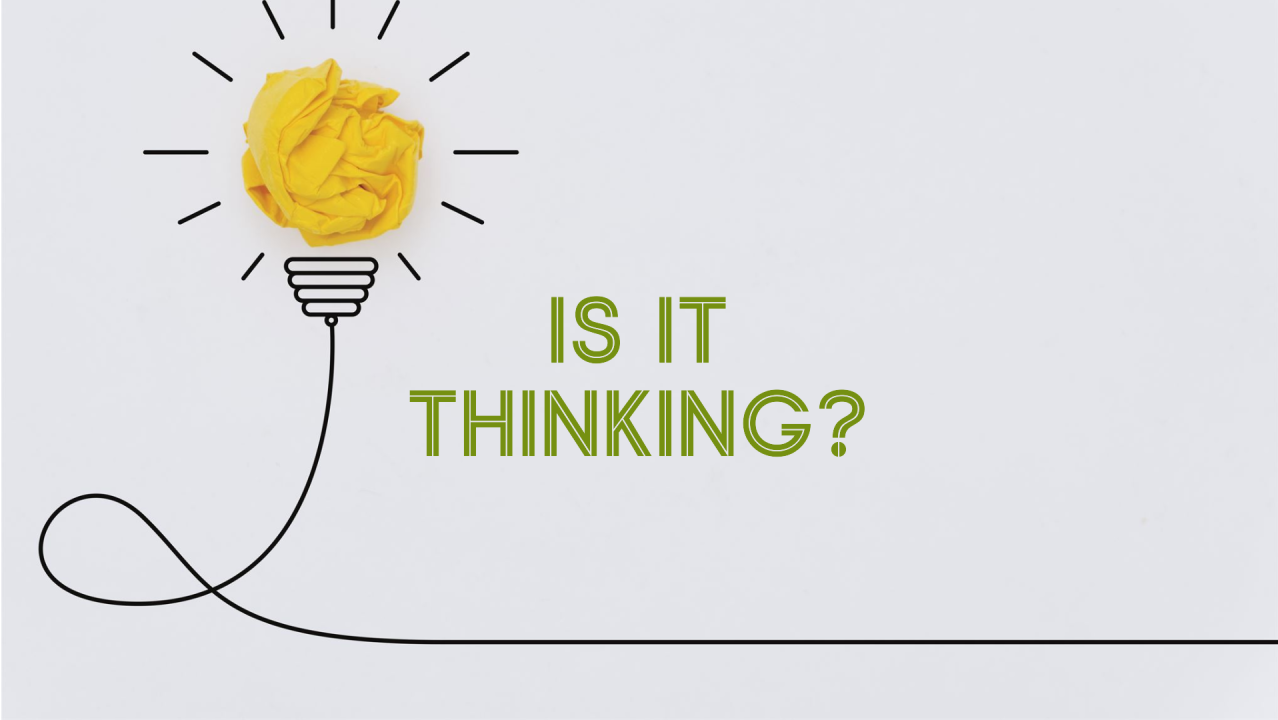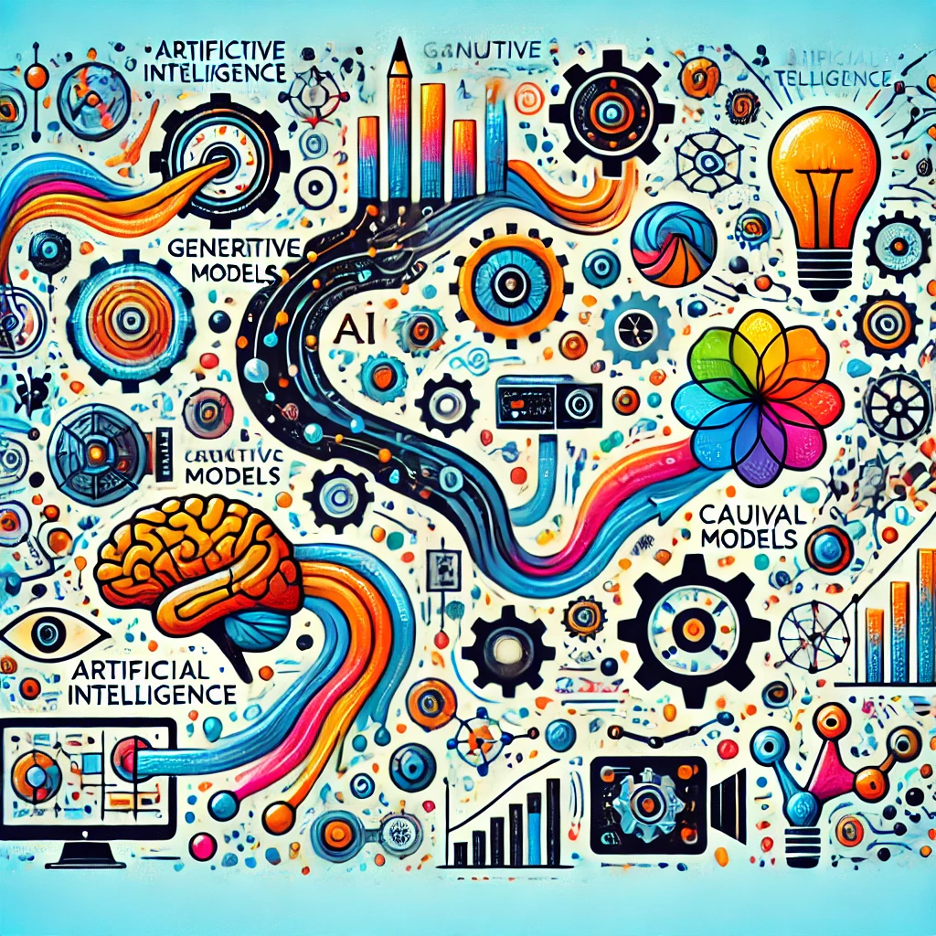Is it thinking? Artificial Intelligence: A Guide for Thinking Humans

I recommend reading "Artificial Intelligence: A Guide for Thinking Humans"
I just finished up "Artificial Intelligence: A Guide for Thinking Humans" by Melanie Mitchell. It was a great, quick read. I recommend it to anyone that wants a great primer on AI with or without a background in tech. Mitchell does an excellent job making complex topics approachable and sharing metaphors and examples that make AI's nuances understandable for non-specialists. Dr. Mitchell manages to explore the topics to a certain depth without drowning you in tech speak.
AI advancements since the book's publication in 2019 mean that some of the information is out of date, especially around generative models and their evolving impact on creative industries. Since 2019, generative models have advanced significantly, with the rise of models like GPT-3 and GPT-4, as well as the development of multimodal models like DALL-E and Midjourney, which have generated a lot of media buzz, increased interest in AI, but also potentially distorted the true capabilities of AI. If Mitchell were to write an updated edition, I would be interested to see how her perspectives have evolved since then, especially regarding combinations of causal and generative AI. Causal and generative AI together more closely simulate human reasoning and allow for the generation of ideas combined with an exploration of potential impacts from the ideas – to make a very loose analogy – it has the potential to allow for AI brainstorming.
One of the highlights of the book is the light it shines on the complexity with which humans think, and the nature of intelligence. Mitchell makes a compelling argument about much of human intellect arising from experiential knowledge of the surrounding world and the constraints that we live with. Mitchell examines the idea, proposed by Kurzweil of an AI singularity, which is a future state in which computer intelligence surpasses human intelligence, leading to the inability for humans to intervene and put limits or control on technological progress. The feasibility of which is still dubious and depends largely on how intelligence is defined. Machine learning, LLMs, Big Data, and AI models may eventually reason in ways similar to humans, but true understanding, consciousness, and experiential learning are far off. Personally, I don't see AI surpassing human reasoning abilities in the near term, though I do see the risk of its "usurping" us if we misuse it.
That is to say if we rest on AI rather than embracing it as a tool to solve even greater challenges, if we relegate the hard work of mulling over a problem and embracing the trials and errors that lead to breakthroughs – if we as a society don’t start to emphasize the skill of critical thinking , perhaps THE most important skill in the AI age – then it is easy to imagine a world in which human intelligence has been usurped by the machines.
Anyone else read it recently? How do you feel it holds up given the latest developments in AI? Are we on the edge of “singularity”? What skills do we need to invest our time and energy in developing to make the most of the of the new technologies exploding onto the scene and avoid being usurped?
Next up on my reading list, The Model Thinker – by Scott Page.

note: this AI generated image was one of several attempts to generate an image that represented the spirit of this short article. How would a human illustrator convey this, and why would that be different than what was generated by GPT4o \ DallE?
